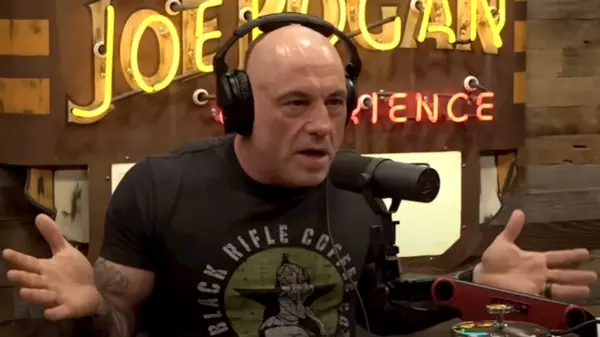UPDATE: A wrongful death lawsuit against the Hampden County Sheriff’s Office has been settled for $100,000, following the tragic suicide of James Murgolo in 2016. This critical case highlights urgent concerns regarding mental health care in correctional facilities, as it has just been revealed that a specialized mental health unit was not provided to Murgolo, despite recommendations.
The lawsuit was filed in 2019 by Murgolo’s sister, Sarah Murgolo, and it has taken years to reach a settlement. The court’s approval of this agreement is still pending, but the settlement underscores the significant implications for both the sheriff’s office and the broader discussion on inmate mental health.
Murgolo was arrested in November 2016 during an apparent break-in. Due to his ongoing mental health issues, a court-appointed psychologist recommended his placement in a mental health inpatient unit at the jail. However, he was not sent to this specialized unit, and just weeks later, he died by suicide at the age of 32.
Officials from the sheriff’s office expressed their condolences. Rob Rizzuto, a spokesperson for the department, stated, “Our hearts go out to the family of Mr. Murgolo, and we recognize the lasting pain that accompanies a loss like this.” He emphasized that the incident occurred before Sheriff Nick Cocchi took office in 2017, but it significantly influenced early safety initiatives under his leadership.
Under Cocchi, the sheriff’s office conducted a comprehensive review of housing units, leading to essential enhancements that addressed potential safety concerns, including the elimination of ligature points. Remarkably, between January 1, 2022, and September 2025, there have been no suicides in the jail or other facilities operated by the sheriff’s department, as confirmed by public records.
The lawsuit alleged negligence on the part of the sheriff’s department, claiming Murgolo’s death resulted from the state’s failure to provide adequate protection and care. The department denied these allegations in court. Additionally, the plaintiff’s attorney, Robin Scott, criticized the sheriff’s office for withholding records during a public records request related to Murgolo’s death.
Scott remarked on the tragic nature of the situation, acknowledging the complexities of managing mental health within a correctional environment. “I think everyone understands the jail environment is a very difficult one that people with all kinds of diseases and problems are thrust into,” he said.
This lawsuit settlement is a stark reminder of the pressing need for systemic reforms in mental health care within jails. As this case continues to unfold, it calls for increased scrutiny on how correctional facilities address the mental health needs of inmates.
The implications of this settlement extend beyond Murgolo’s case, as it raises vital questions about the responsibilities of correctional systems in safeguarding the well-being of vulnerable populations. The community will be watching closely for the court’s decision on the settlement approval and any further actions from the sheriff’s office.








































































